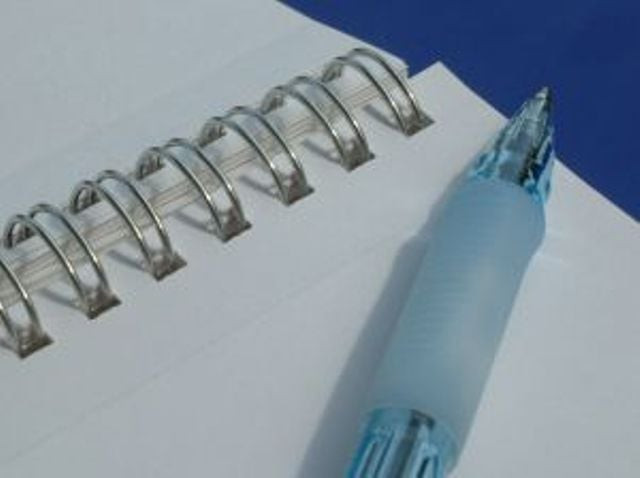Taking stock: Pakistan has ‘unprofessional journalists and professional readers’
A disregard for libel laws is leading to sensationalism, says business editor.

Taking stock: Pakistan has ‘unprofessional journalists and professional readers’
The seminar was held to mark International Media Ethics Day. Zia, who is Business Editor at The News, told the few listeners at the gathering that one of the important issues in the media today was the credibility of sources and the extent that journalists go to protect them. “It is a very hard job,” he said, while talking about the profession, adding “many journalists have gone to jail because they did not reveal their sources.”
The seminar focused on increasing the capacity of investigative journalism for a responsible media in Pakistan. Taking the issue further, Aamir Latif of Online News Agency, talked about the importance of journalists to protect their sources. Latif said that investigative journalism in Pakistan was a reality and that people should be aware that everything they say or do “has ramifications.” He also said that a journalist should be careful of his or her credibility and the credibility of his or her sources.
Latif pointed out the fact that Pakistan now had “unprofessional journalists and professional readers”.
Suzanne Harris of the Centre of International Media Ethics (CIME), who joined the discussion over video link, said that the media in Britain was more legally bound than in other countries and had in place many ethical practices. “Journalists are very careful when they report something,” she claimed.
Harris also had some advice for Pakistani journalists in terms of ethics. She urged them not to barge into the privacy of the victims’ family when there was a blast or any other act of terror. “Instead they should ask for consent before speaking to the family members,” she added.
The speakers talked about how journalists should know the motive of the terrorist - “it’s not just blowing up bombs,” said Amir Zia, adding “a journalist should be able to gauge it and not help in advancing the terrorists’ cause.”
He acknowledged that journalists face pressure from their desk editors for giving sensational pieces, to which Latif commented that journalists are “commandos” and should work out ways for themselves.
Zia also raised his voice against the practice of showing blood-soaked bodies and violence on TV and said that many television channels in Pakistan are indulging in this practice. He added that with the inception of blogs and new media, journalists are facing new challenges due to which “many journalists blend fact and fiction.”
The discussion then moved on from media laws and ethics to job security and the economic crunch in the media industry in Pakistan. The journalists present asked questions about their job security and payment of salaries to which Zia said the crunch in the media was being witnessed around the world. In the US recently, 350 to 400 newspapers had shut down. Latif observed that the newspaper industry was shrinking in the West but was growing in South Asia.
The conference was organised by Mishal Pakistan.
Published in The Express Tribune, September 24th, 2011.



















COMMENTS
Comments are moderated and generally will be posted if they are on-topic and not abusive.
For more information, please see our Comments FAQ